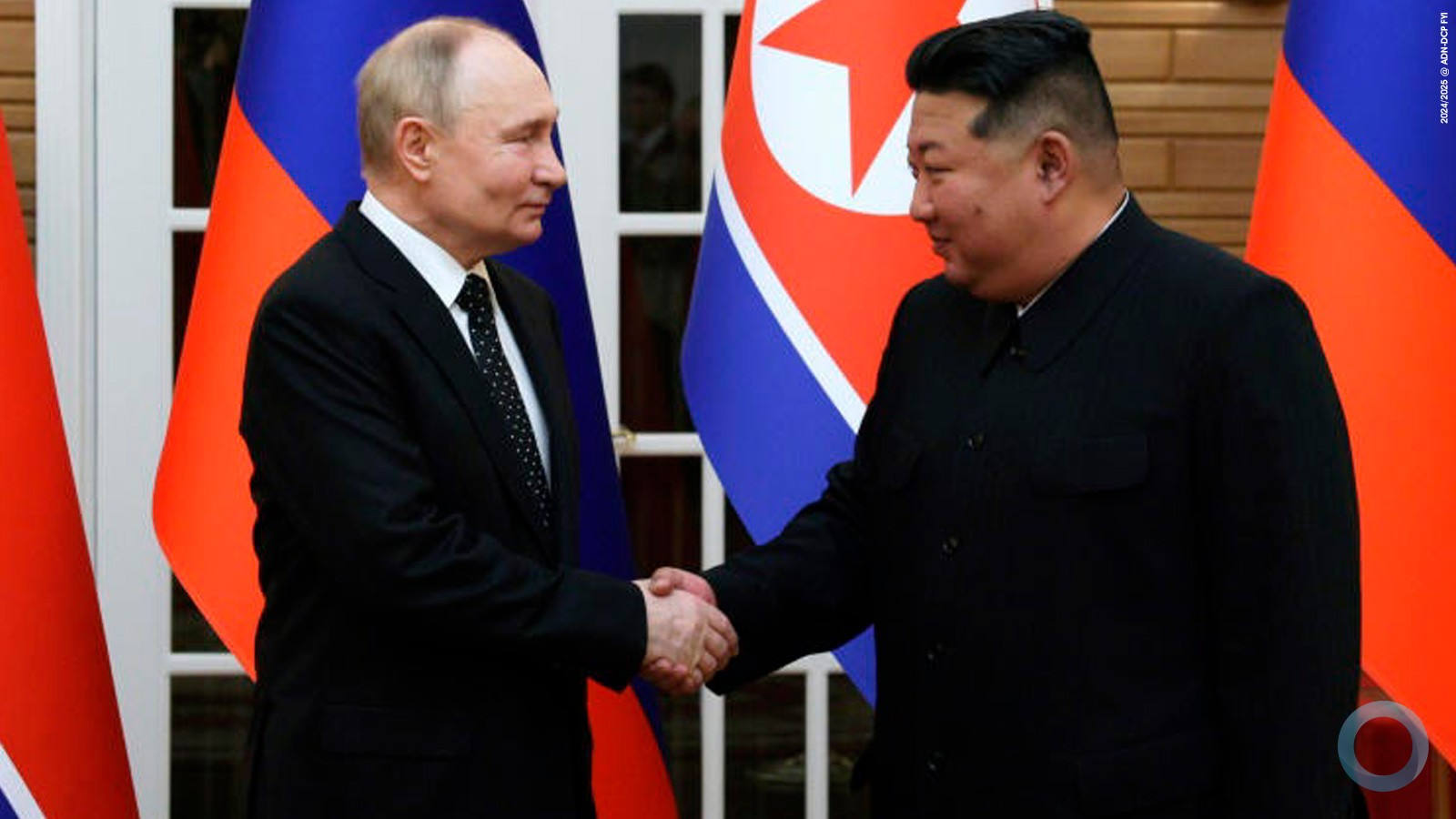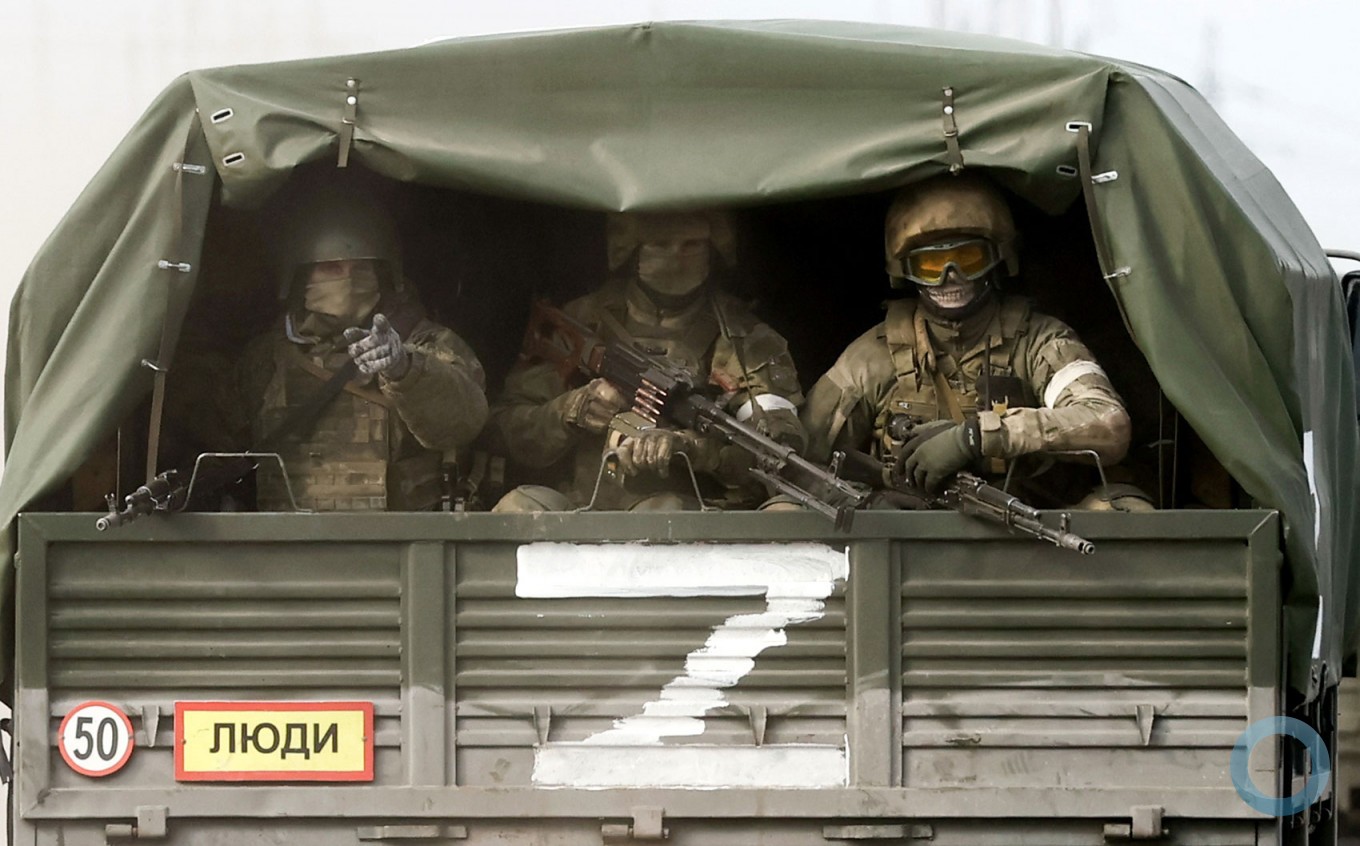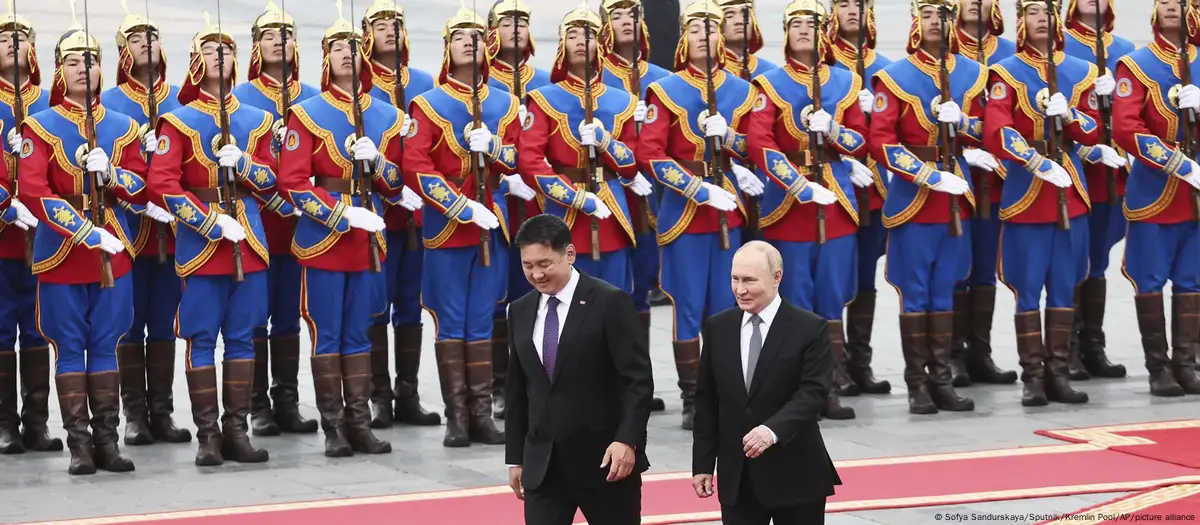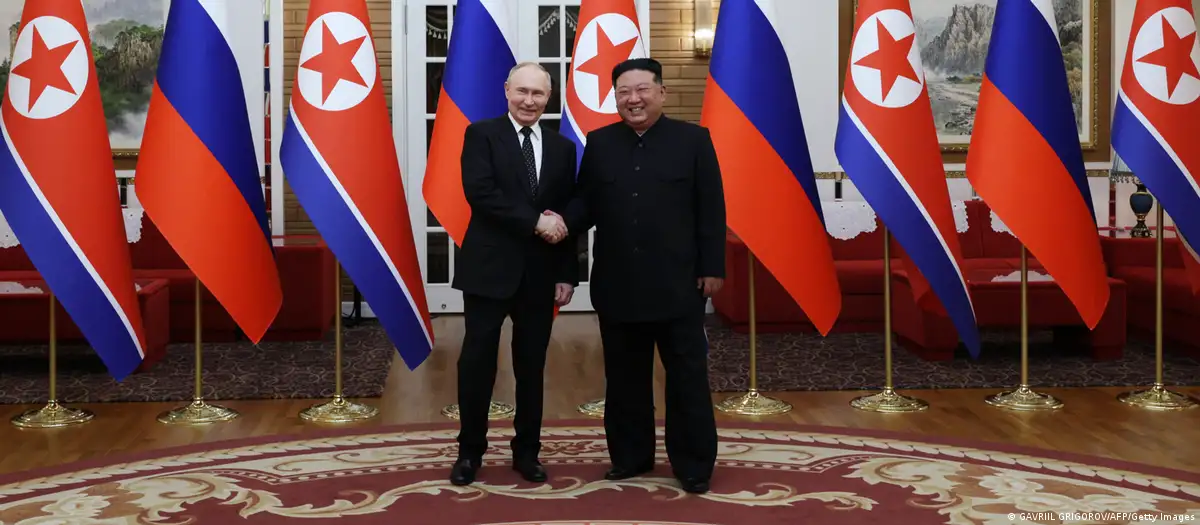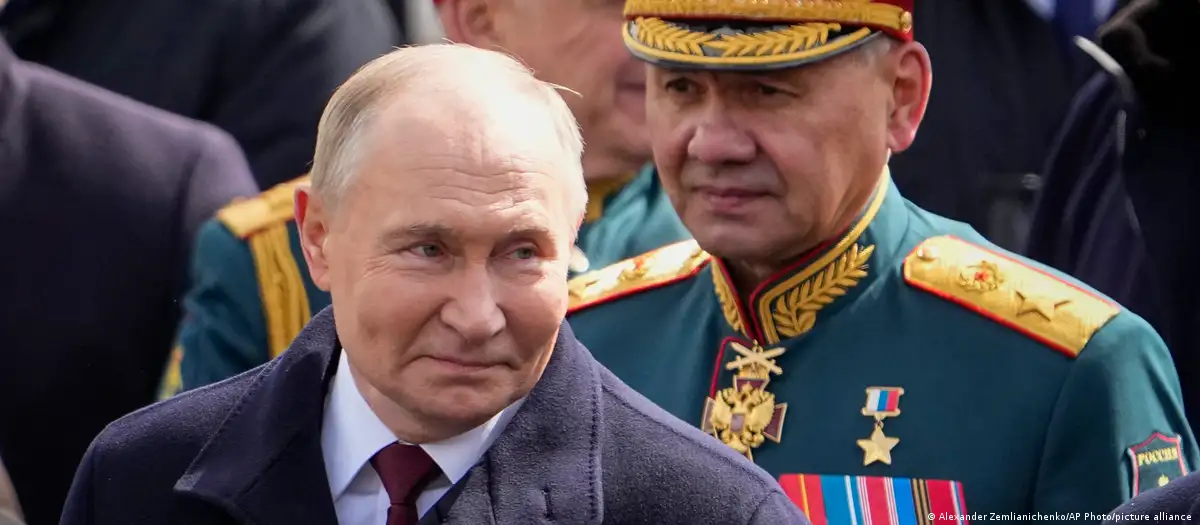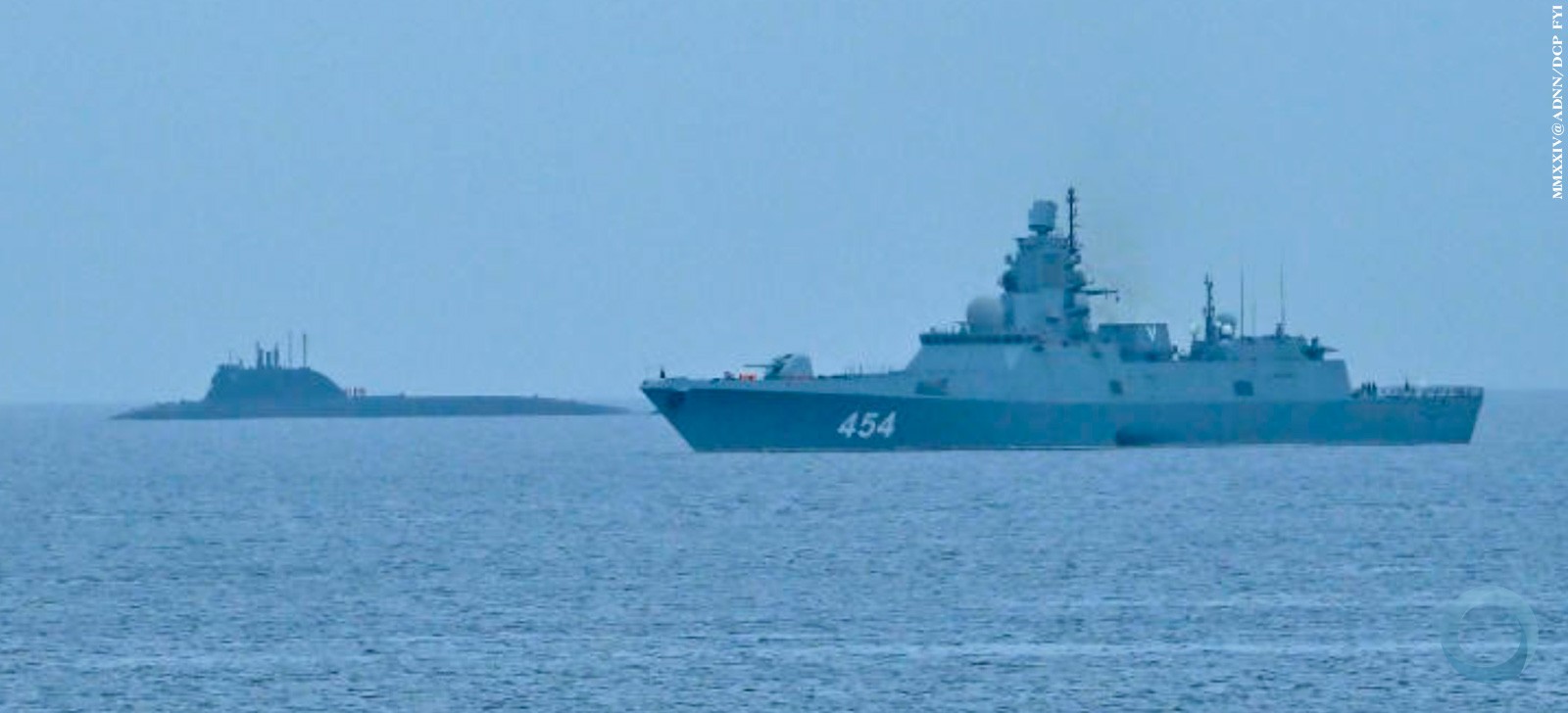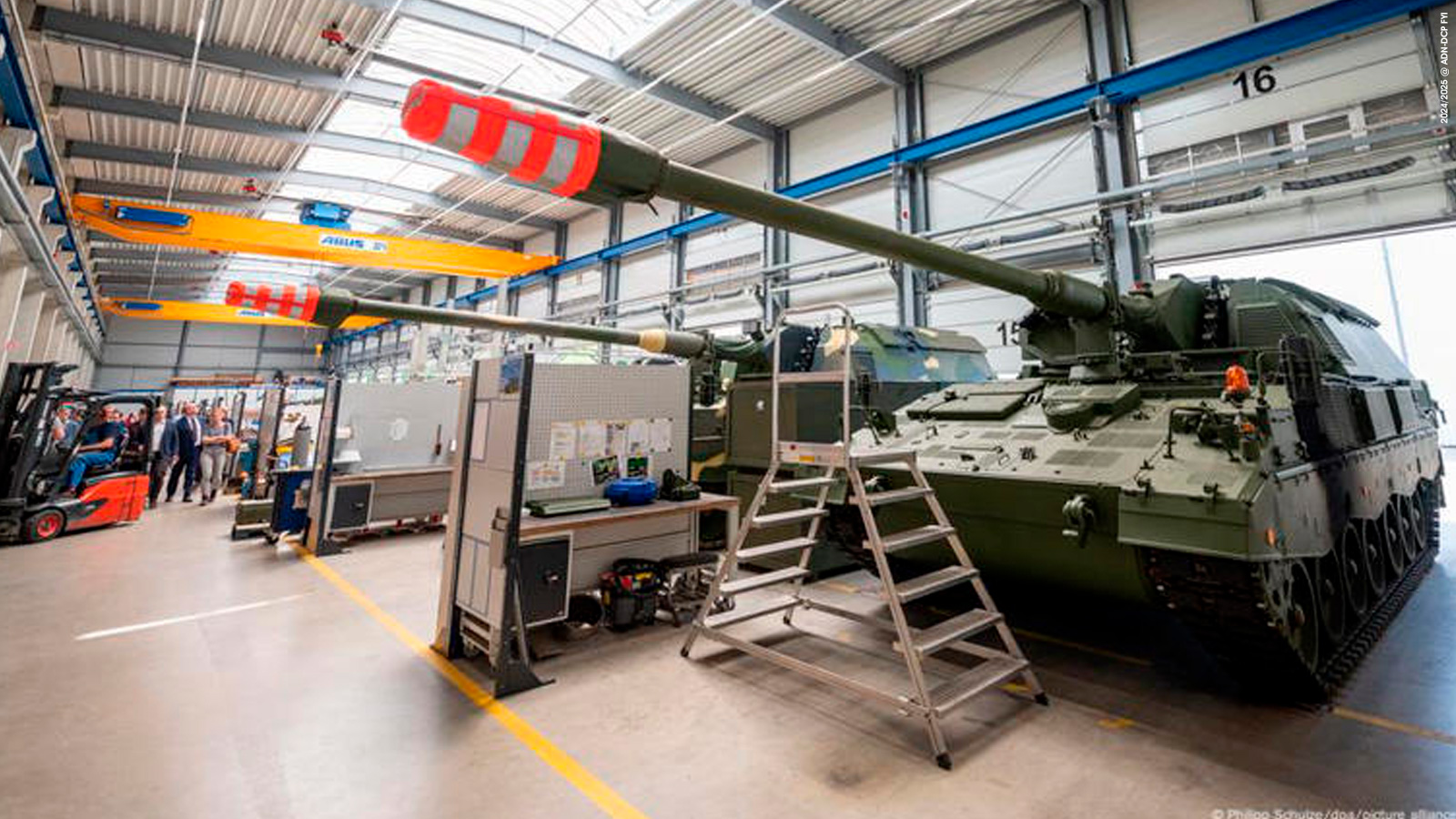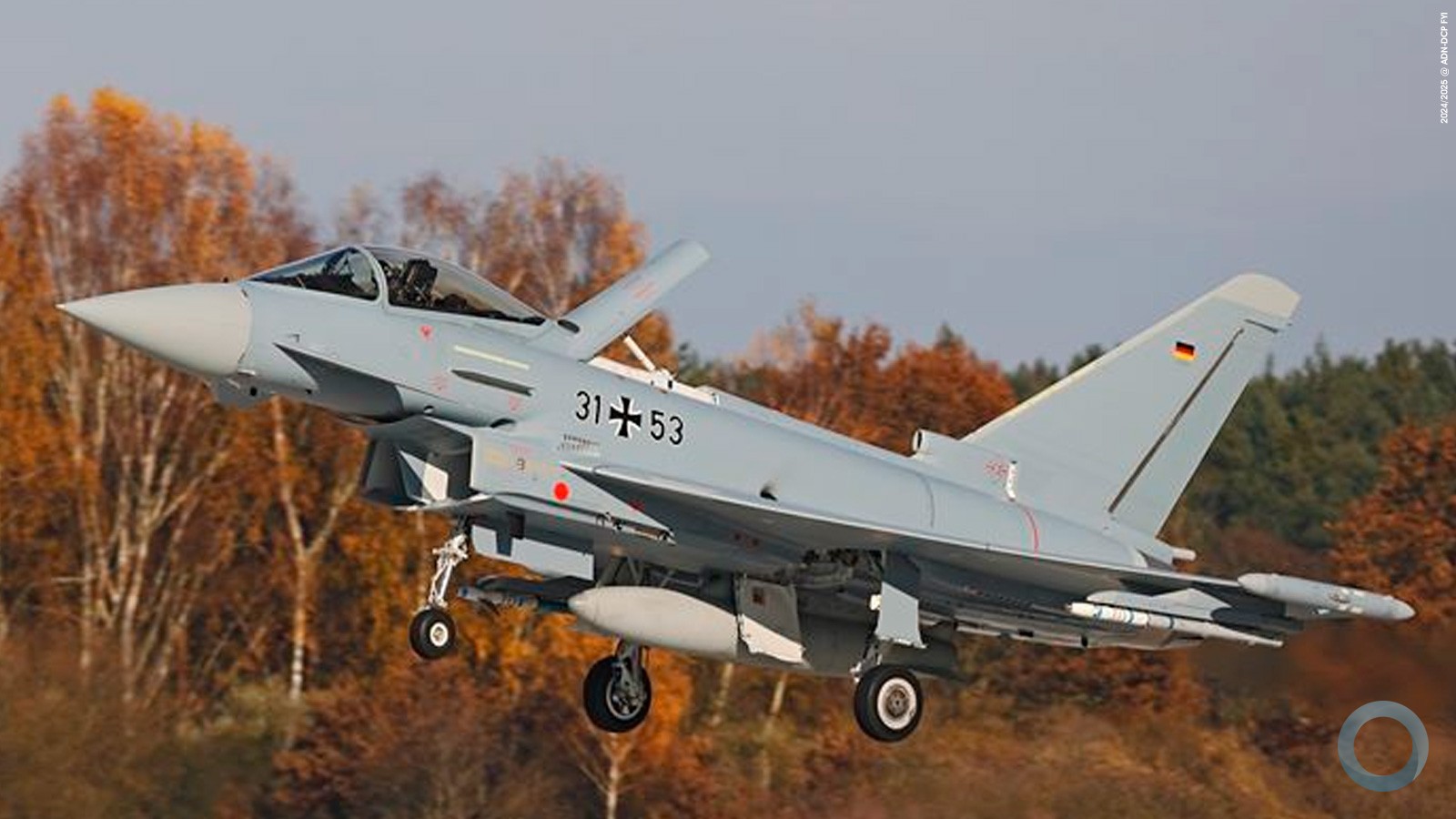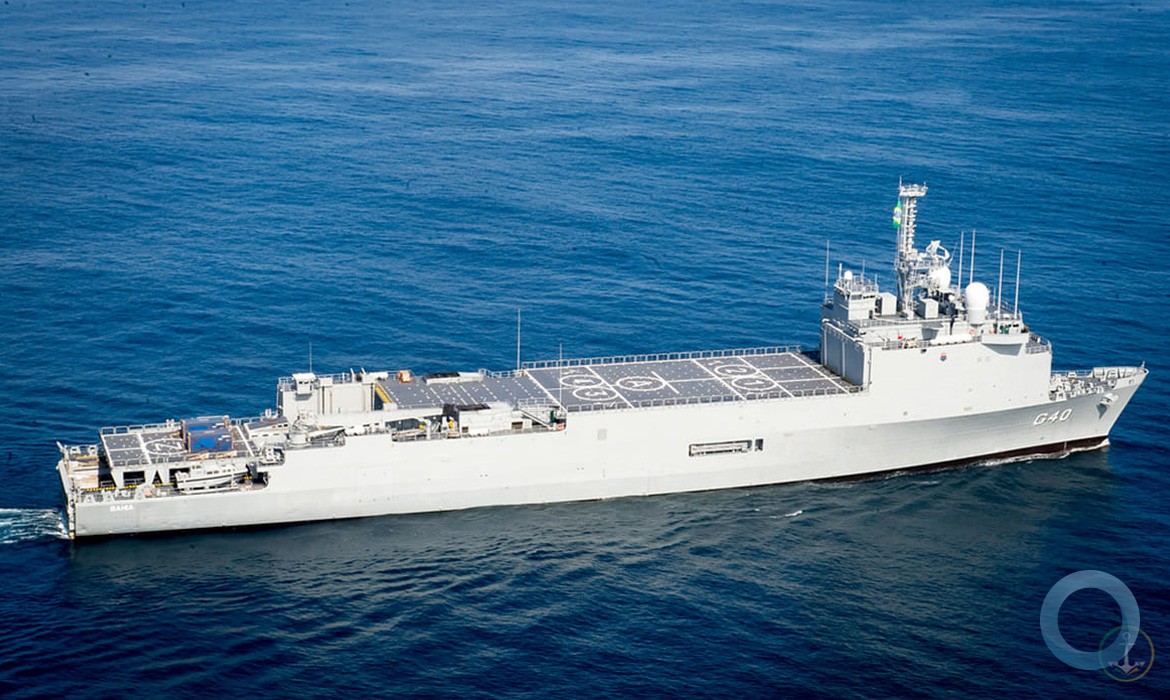By Alexander Golts
Source – The Moscow Times
The symbolic coincidences of life never cease to amaze me. Take, for example, Russia's recent Navy Day. The country paraded its maritime forces with great fanfare and firing of heavy guns in an attempt to convince the world that Russia's naval forces are making a rapid comeback.
But during celebrations in Sevastopol, a ship-mounted missile exploded at launch and another in Baltiisk failed to leave its launch tube — with President Vladimir Putin himself looking on. That was a first.
Of course, 10 years ago, Putin stood looking out in vain over the ocean expanse as an intercontinental ballistic missile that moments before had been launched from a nearby submarine never broke the surface — but back then Russia had not declared that its navy would oppose insidious U.S. and NATO naval forces on the high seas.
Ironically, Putin chose the recent Navy Day with its botched maneuvers to announce that he had approved a new and very ambitious naval doctrine for the country.
At the same time, Deputy Prime Minister Dmitry Rogozin gave two reasons for the need to amend the document — first and foremost, what Moscow considers an unfavorable change in the international situation.
The revised doctrine bluntly states: "The determining factor in relations with NATO remains plans — which Russia finds unacceptable — to advance the Alliance's military infrastructure to Russia's border and the attempt to give it a global function."
In response to that challenge, the doctrine calls for "developing the Baltic Fleet forces and systems for deploying them." It also calls for "the rapid rebuilding and comprehensive strengthening of Russia's strategic position" in the Black and Azov seas.
That is a clear reference to building up Russia's presence in Crimea. The document also mentions a desire to provide for a permanent presence in the Mediterranean Sea. The new naval doctrine also promises to beef up the naval presence in the Arctic for the sake of Russia's natural resources in the region.
Whether or not such goals are even worthwhile, it is obvious that Russia can only achieve them by building up its navy — a task that Deputy Prime Minister Dmitry Rogozin claims the country' defense industry is fully capable of accomplishing.
After all, the second factor prompting changes in the naval doctrine is what Rogozin referred to as the need to "strengthen our country as a sea power." This, he said, results in part from the fact that "in terms of naval shipbuilding, Russia is doing work on a scale comparable to what was happening during the Soviet period."
If the new naval doctrine is premised on the same idea, it might never come to fruition. After all, even in 1990 when the Soviet economy was "running on fumes," the navy managed to launch seven new nuclear-powered and four diesel electric submarines, a destroyer, patrol boat, large landing ship and even the aircraft carrier Admiral Kuznetsov. The Russian navy had planned to launch 12 warships this year — one new and 11 modernized.
However, even today's shipbuilding goals — far more modest than Soviet-era plans — are running aground. Deputy Defense Minister Yury Borisov complained to representatives of the country's defense industry that, year after year, shipbuilders are failing to make good on their contracts.
"Shipbuilding representatives make assurances that they are fulfilling everything but information from military representatives in the field indicates just the opposite: We are still at risk," Borisov said.
According to him, the situation does not change even though the military brass has implemented every possible management measure to improve it: tight work schedules, the assignment of personal responsibility and constant monitoring of the situation.
He added that "Projects affecting navy interests have experienced regular breakdowns." Borisov also made no effort to hide the truth when reporting to Putin. He mentioned that the Yantar shipyard in Kaliningrad, among others, had violated defense contracts by missing deadlines for delivery of the Admiral Grigorovich patrol ship.
According to Borisov, "There is a concern that the second ship in the series, the Admiral Essen, will launch only by December 2015. In addition, the company carries more than 6 billion rubles ($97 million) of debt."
He added that the Northern shipyard has not managed to fulfill its task of testing the lead frigate Admiral Gorshkov and that the Amur shipbuilding plant is running behind schedule on construction of the Sovershenny (Perfect) corvette. Recall that the directors of that plant were earlier exposed for extending interest-free personal loans to themselves from the money allocated for shipbuilding.
Of course, the shipbuilding industry suffers from the same ills as other branches of Russia's military-industrial complex: corruption, the inability to create a cooperative manufacturing chain under market conditions as well as an aging equipment stock and workforce.
However, those same ills are more pronounced in shipbuilding because it takes so many years to fulfill each contract. The entire shipbuilding industry stands in need of fundamental reform — much more than the swaggering and unrealistic naval doctrine.






